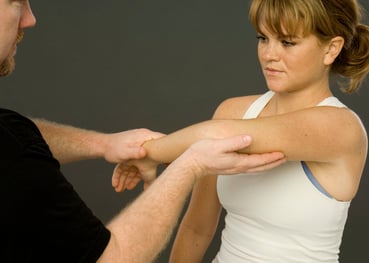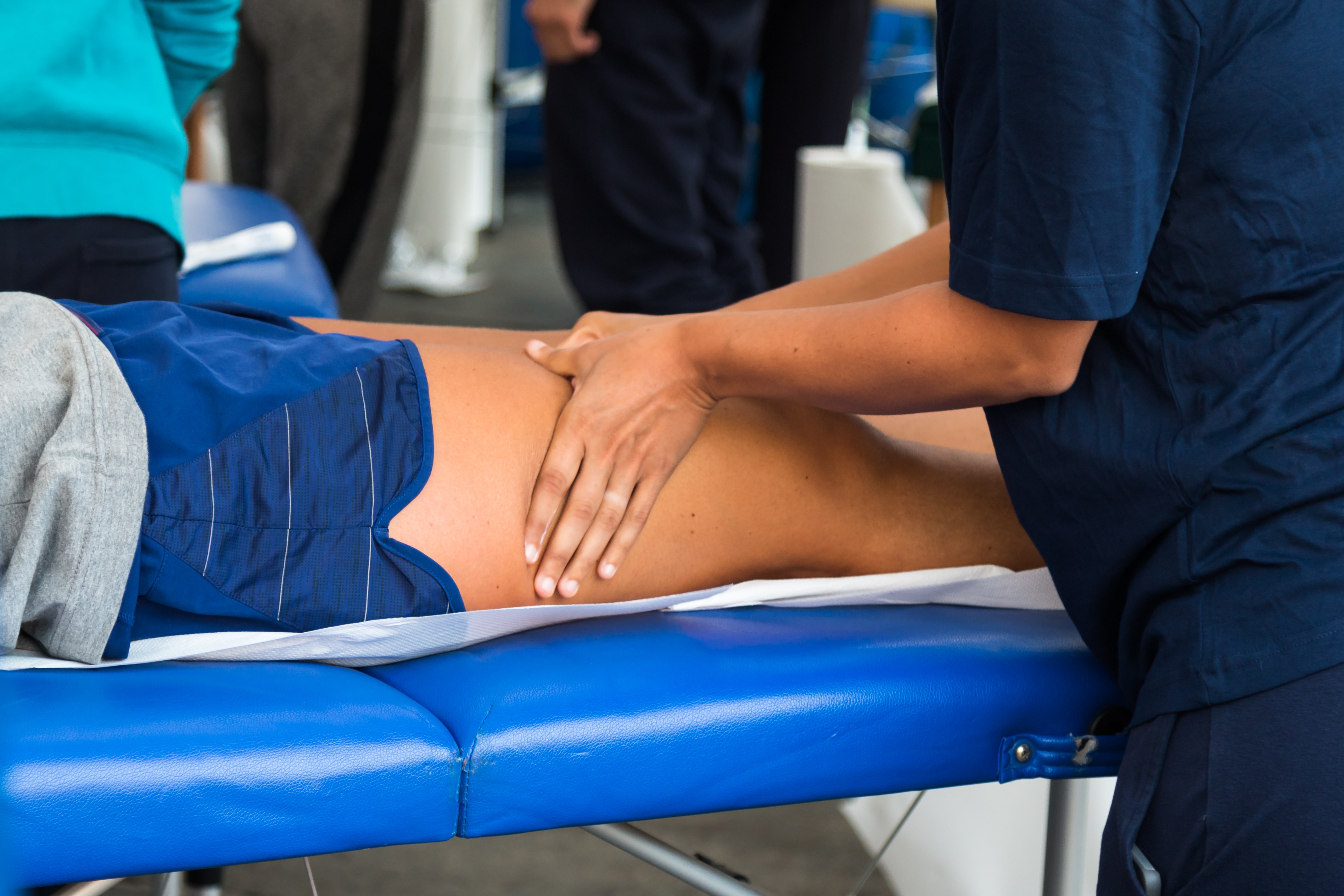Why Use Massage Therapy?
We all have had that unfortunate experience of walking through the living room and our shin somehow finds the coffee table. After a few choice words, what it usually the first thing we do? It is probably the same thing our parents did for us when we were kids. We rub it. We do this without thinking but have you ever stopped to think why?
|
|
Whether we realize it or not, we are doing a type of massage. Massage therapy is one of the most natural and instinctive means of relieving pain and discomfort. Despite the innate nature of massage, people still have a lot of questions about massage therapy and why they should invest their resources in it. With the information that follows, I want to share some of the different ways massage therapy can benefit you and how to get the most out of the experience.
 From a systemic perspective, the effects of massage therapy fall in to one of three categories: physical, psychological, and emotional. Physically, the benefits can be either mechanical, which are the direct result of the techniques that are applied or reflex, which are the indirect effects that occur through the nervous or energy systems of the body. The most notable systems that are physically affected are the cardiovascular, lymphatic, nervous, and muscular systems. Psychologically, massage therapy calms the nervous system, reduces anxiety which improves sleep, and enhances the general well-being of the individual. Lastly, the emotional effects include satisfying the need for touch and caring and easing emotional expression.
From a systemic perspective, the effects of massage therapy fall in to one of three categories: physical, psychological, and emotional. Physically, the benefits can be either mechanical, which are the direct result of the techniques that are applied or reflex, which are the indirect effects that occur through the nervous or energy systems of the body. The most notable systems that are physically affected are the cardiovascular, lymphatic, nervous, and muscular systems. Psychologically, massage therapy calms the nervous system, reduces anxiety which improves sleep, and enhances the general well-being of the individual. Lastly, the emotional effects include satisfying the need for touch and caring and easing emotional expression.
Massage therapy should not be something that is only done once in a while to indulge yourself. Massage should be thought of as preventative medicine – think of changing the oil in your car or brushing your teeth. You make a small investment to prevent a larger cost in the future. Remember that massage therapy is not a “cure all” or a replacement for other forms of medical care. However, when used in conjunction with a healthy lifestyle, massage therapy can be a vital tool in increasing our quality of life.
Why Should I Go?
Massage is utilized by people for many different reasons. One common reason is relief from chronic pain. Pain is a fact of life and existing without experiencing some type of pain is something few of us can relate to. There are two basic forms of physical pain: acute and chronic. Acute pain is immediate, usually of a short duration and for the most part, results from disease, inflammation, or injury to the tissues. Chronic pain is continuous pain that persists beyond the time of normal healing. It ranges from mild to severe and can last weeks, months, and years, to a lifetime.
When looking at the body and its sources for pain, the musculoskeletal system is the main target for the wear and tear of daily activity. Muscles can be the direct cause of pain or can contribute to the symptoms created by other underlying conditions. Either way, treatment of the musculoskeletal system can significantly reduce chronic pain.
Massage therapy is an extremely effective method to treat chronic pain associated with the musculoskeletal system. When applied skillfully, massage can remove restrictions in the muscle, compression on the nerves, changes in movement patterns, and referred pain from the tissues. With the evidence growing on the effectiveness of massage therapy for chronic pain, more and more people are seeking out massage as a first line of treatment rather than as a last resort.
 via shutterstock.com via shutterstock.com |
Another reason people seek out massage is to reduce stress and to help them relax. Stress is simply the body’s non-specific response to any demand made on it. It is a state of arousal that triggers physiologic, psychological and biochemical changes. It is conventional wisdom that stress is always negative, however, stress in certain forms is normal and essential. Eustress, sometimes called positive stress, challenges us, compels us to action, and can provide the means to express our talents. Distress, also referred to as negative stress, can have a detrimental effect on us particularly if it is prolonged.
As we deal with stresses from life, work, or a combination of both, the effects on the body begin to take their toll. Normally, there is a balance in the amount of metabolic waste produced and the amount processed by the body. When we are under chronic stress, our metabolic waste production goes up and we are unable to process it quickly enough so it builds up in the body. This higher level can eventually lead to the breakdown of the body’s “garbage system”, the lymphatic system making a person more susceptible to illness.
While there is no optimal level, stress will effect each person differently so it is important to learn how to manage it. There are many methods of dealing with stress but one that is effective is massage therapy. Massage impacts all the systems of the body and can relieve muscle tension, lower blood pressure, improve digestion, reduce anxiety, and help move metabolic waste from the tissues into the lymphatic system keeping it working properly. Often overlooked, the psychological benefits of massage can be just as beneficial as the physical effects. It has been well documented that touch is an essential human need and its deprivation can lead to depression or anxiety. Massage can help fill this void as well as improve mental functioning, enhancing sleep, and boosting an overall sense of well-being.
No matter whether we are trying to stay fit, participate in sports, or working around the house, being able to train, exercise or be active is vital to accomplish our goals. One way that individuals can keep themselves participating is through the use of massage. Massage therapy works to keep muscles in their peak condition in order to allow them to function properly and to help them recover from activity. While this type of treatment can improve the performance of an athlete and help keep them in their sport, it is beneficial to anyone who suffers from chronic pain or has an injury whether it comes from running a marathon, playing tennis on the weekend, or working in the garden. When it comes to the musculoskeletal system, we all have the same anatomy. A sore muscle is a sore muscle regardless of what caused it. Massage is a powerful tool that can benefit a wide variety of ailments and should be looked on as the first stop in treating musculoskeletal conditions.
 via shutterstock.com |
How To Find A Therapist
As massage therapy continues to establish itself as a valid, effective form of preventative healthcare, more therapists are entering the workforce to meet the needs of the community. With increasing choices for the consumer on where to get a massage or what type of therapy to receive, the decision can become overwhelming. In order to help you get the most out of your massage, here is some advice when it comes to finding the right therapist for you.
- Make sure they are licensed
All but a few states require that massage therapists are licensed. Inquire with your therapist to see what the standards are where you live.
- Match your needs to the therapy
While every therapist has a similar basic set of skills, many have received additional training or may have a specialization in working with certain types of clients. If you have chronic pain or have sustained an injury, you may choose a different therapist than if you just want to relax and reduce your stress.
- Be an informed consumer
Treat your search for a massage therapist the same way you would find any other healthcare provider. Ask others where they have gone. Word of mouth is always a great place to start. Don’t be afraid to ask questions such as:
- How long have they been practicing?
- What was their schooling like? Different schools may emphasize different aspects of massage.
- Do they have experience working with your particular condition or situation?
- Keep an open line of communication with the therapist
Giving feedback on aspects like the pressure and whether your needs are being met will help make certain you are receiving the best therapy possible.

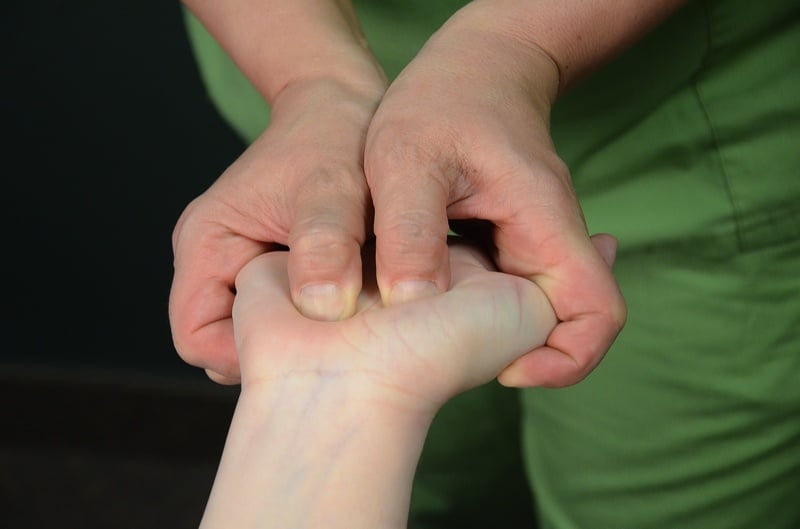
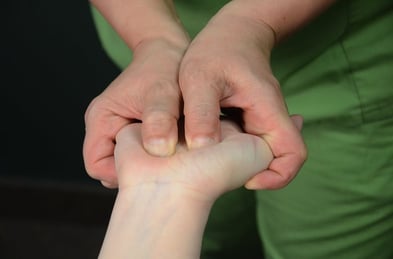

.webp)

